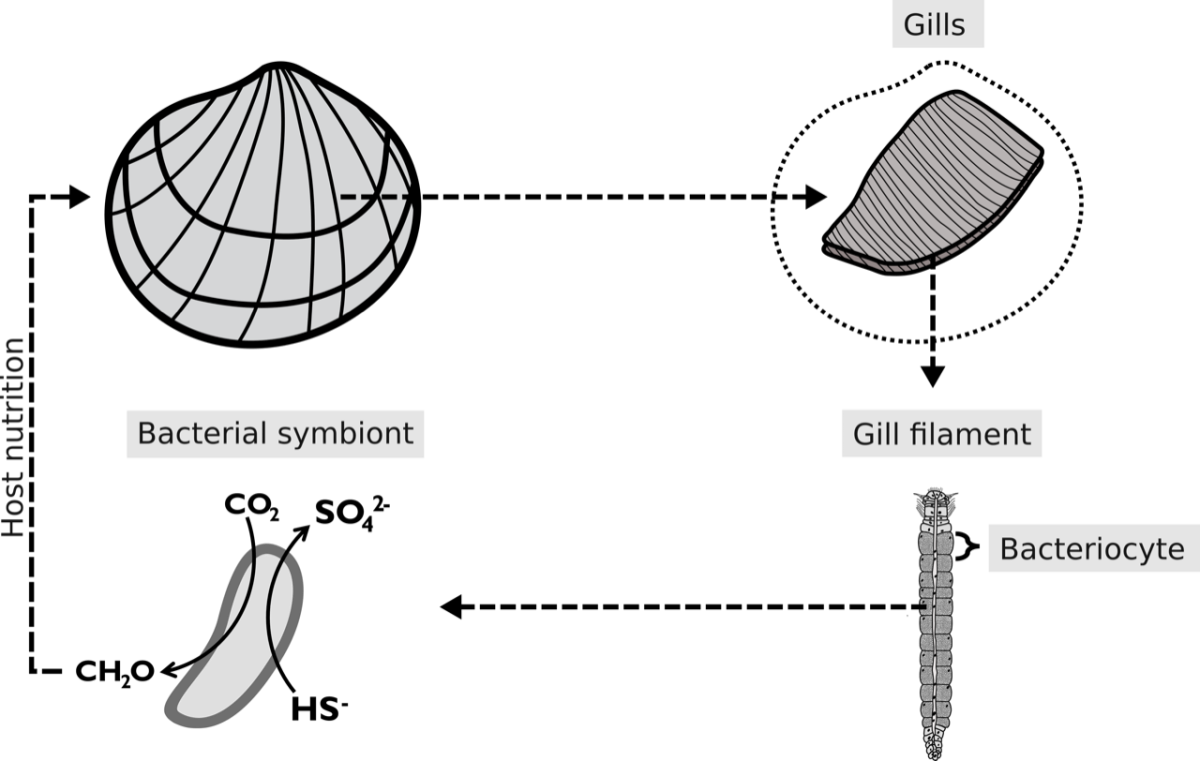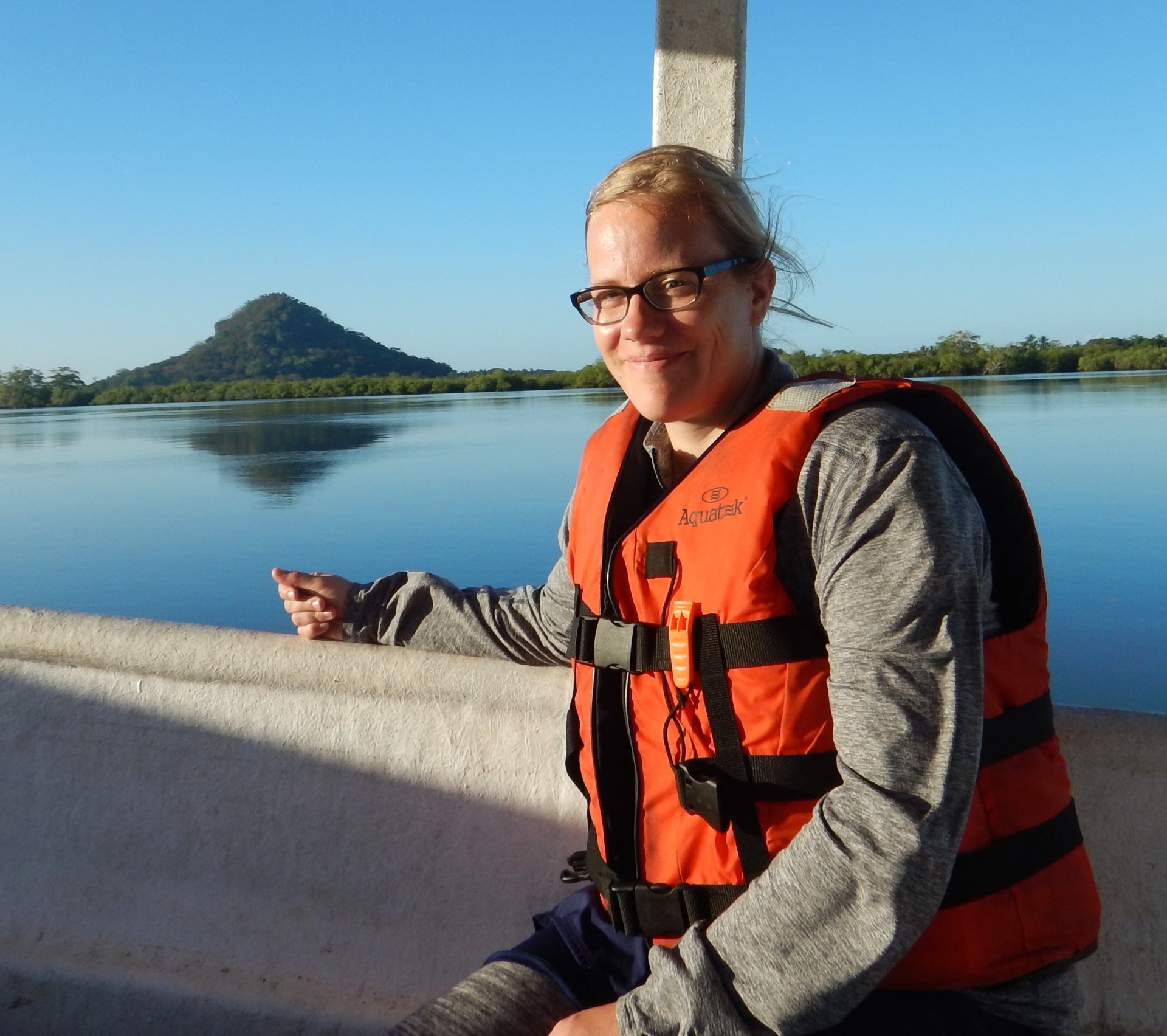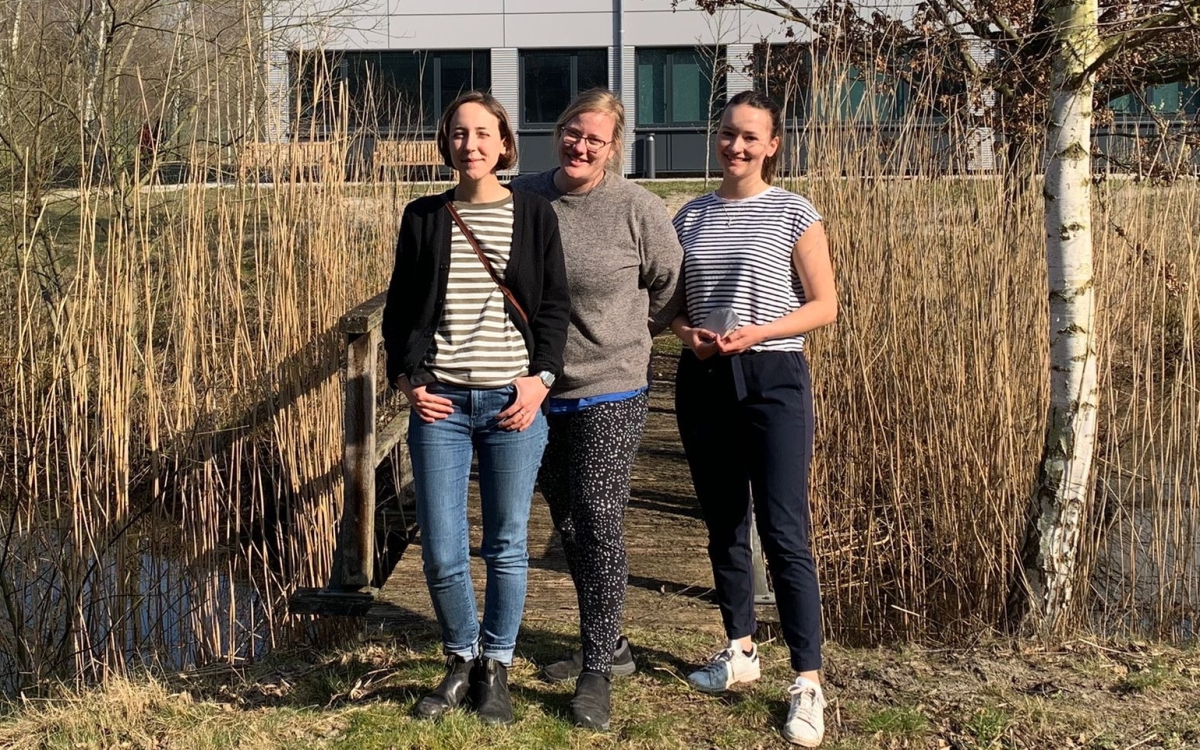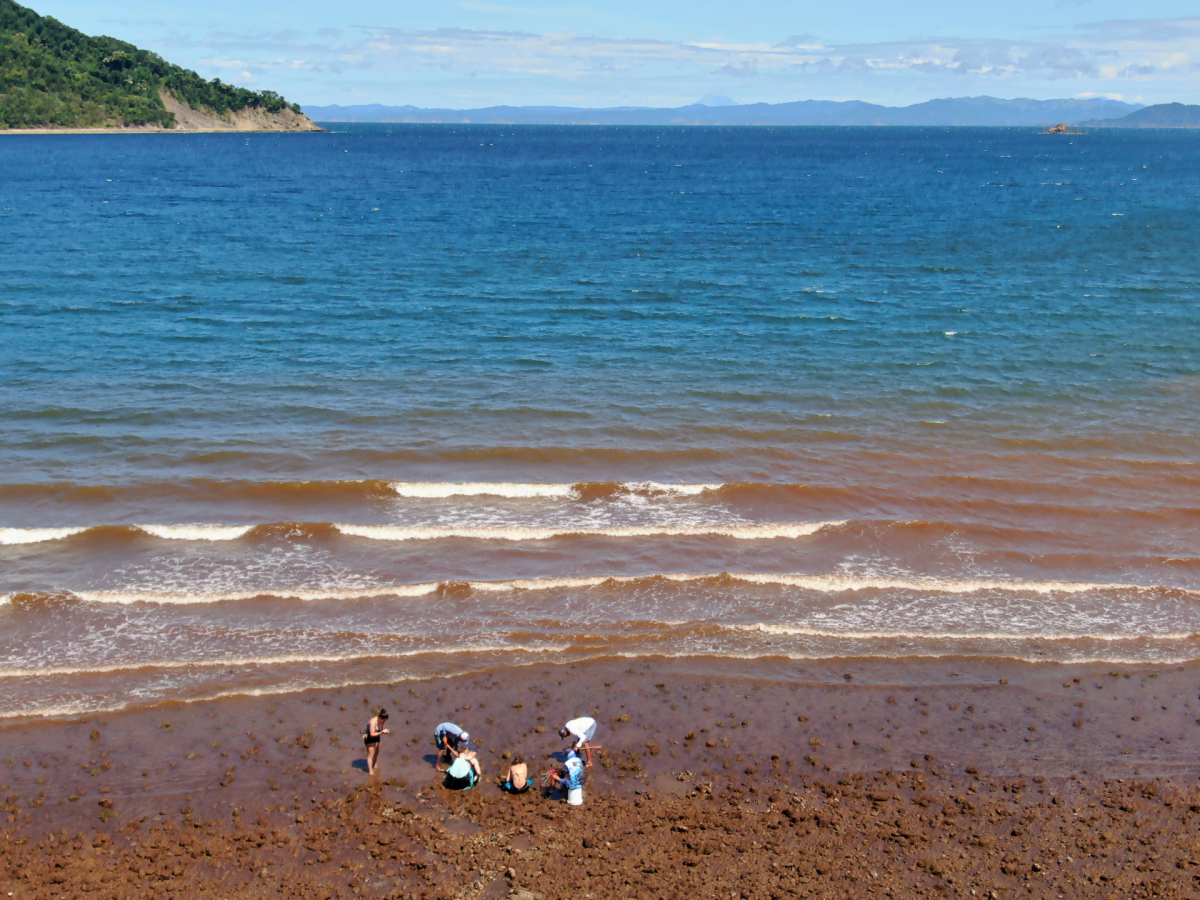- Press Office
- Press releases 2022
- New Max Planck Research Group at the MPIMM
New Max Planck Research Group at the MPIMM: Eco-Evolutionary Interactions
From correlation to causation
“Since my Ph.D. at the University of Lausanne in Switzerland, I have been fascinated by animal-associated microbiomes and their role in host adaptation. However, I was often frustrated by the correlative nature of microbiome research. During my postdoctoral life experiences in California, in Prof. Stephanie Carlson’s group at UC Berkeley and in Prof. Jonathan Eisen’s group at UC Davis, I came up with concrete ideas on how to move from correlation to causation in microbiome research. Using a natural experiment in the sea – the formation of the Isthmus of Panamá, I study animal-microbial symbioses to find out about the effects of microbes on host fitness. The Max Planck Society has given me a chance to start my own research group and to study the eco-evolutionary interactions between animal hosts and their microbiome in the time of global climate change.”
Separated by the Isthmus of Panamá

Lucinid clams are globally distributed and live in environments that are characterized by the accumulation of organic matter in the sediment (e.g., seagrass meadows, mangroves, or hydrocarbon seeps). Lucinid clams are more than 400 million years old. They used to live alongside dinosaurs, and they are still thriving in modern times. Or as an evolutionary biologist would put it: These clams have been extremely successful in survival and diversification. Lucinids of the genera Ctena and Codakia are of particular interest to Wilkins’ new research group because these genera harbor sister species pairs that were separated by the closure of the Isthmus of Panamá. Today, these species pairs are the closest living relatives to each other despite experiencing very different environmental conditions on either side of Central America.
The closure of the Isthmus, which was completed approximately 2.8 million years ago, resulted in the separation of an ancient ocean into the Tropical Eastern Pacific and the Caribbean Sea. This geological event changed ocean currents, salinity, temperature, and primary productivity. Populations of marine organisms that once shared a habitat and a common pool of genes had to independently adapt to the new conditions, which resulted in a series of convergent evolution events that give us great insight into how species can adapt to rapid environmental change.
Situated in Bremen, well-connected worldwide
The study of lucinids and their associated chemosynthetic bacteria is a step forward in understanding of how host-microbe associations will respond to a changing ocean during the Anthropocene. Wilkins’ group is closely collaborating with researchers in Central America, Guadeloupe, California, Hong Kong, Austria, and also with research groups in Germany including researchers at the Max Planck Institutes in Mainz and Cologne.
“In the Eco-Evolutionary Interactions Group (EEI), we care about diversity, creativity, and an inclusive environment in academia. The Max Planck Institute in Bremen offers the necessary resources and network to reach our scientific and community-driven goals. We are very excited to be part of the Max Planck Family and the only Max Planck Research Institute of Marine Research”, says Wilkins.
Please direct your queries to:
Max Planck Research Group Leader
MPI for Marine Microbiology
Celsiusstr. 1
D-28359 Bremen
Germany
|
Room: |
2506 |
|
Phone: |


